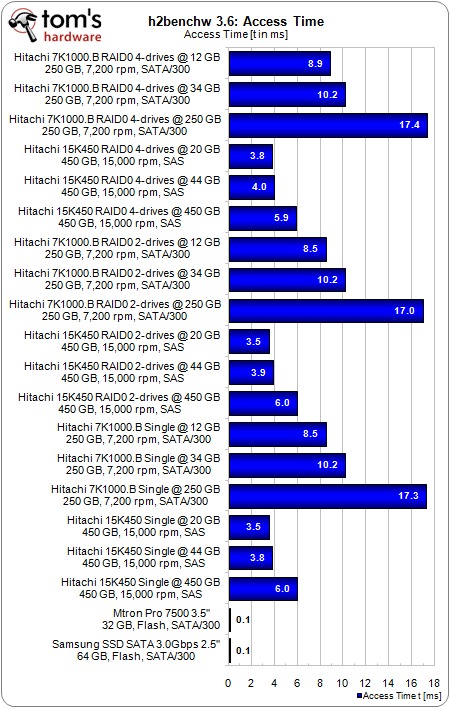0
Is there a 2.5" HDD that is built such that it behaves like RAID 0 (IE, improved performance). If not, is there software (firmware) that allows one to do that?
clarity: I'm thinking of something where a hard disk would be split in two equal partitions, and then it behaves like a RAID 0. This is to avoid idle platters and read/write heads during peak time.

3
Learn about Raid...http://en.wikipedia.org/wiki/RAID
– Moab – 2011-01-03T15:50:28.130@moab check my edit – tshepang – 2011-01-03T15:56:55.467
3
I think it might help to completely understand how hard drives access data and function physically to help answer why your idea would not work. http://en.wikipedia.org/wiki/Hard_drives The heads cannot split apart or move independently.
– Troggy – 2011-01-03T16:23:16.6031@ Tshepang.."Redundant Array of Independent Disks" see the "Independent Disks" part? It does not say independent partitions. – Moab – 2011-01-03T16:47:44.167
@moab I understand that RAID refers to multiple disks. That's why I said
behaves likeand offered clarity. – tshepang – 2011-01-03T17:54:29.863You want half disk space, 2.5" and fast -> get an SSD. – Daniel Beck – 2011-01-03T18:02:30.307
@dan Not half disk space. Just faster access. – tshepang – 2011-01-03T18:09:50.390